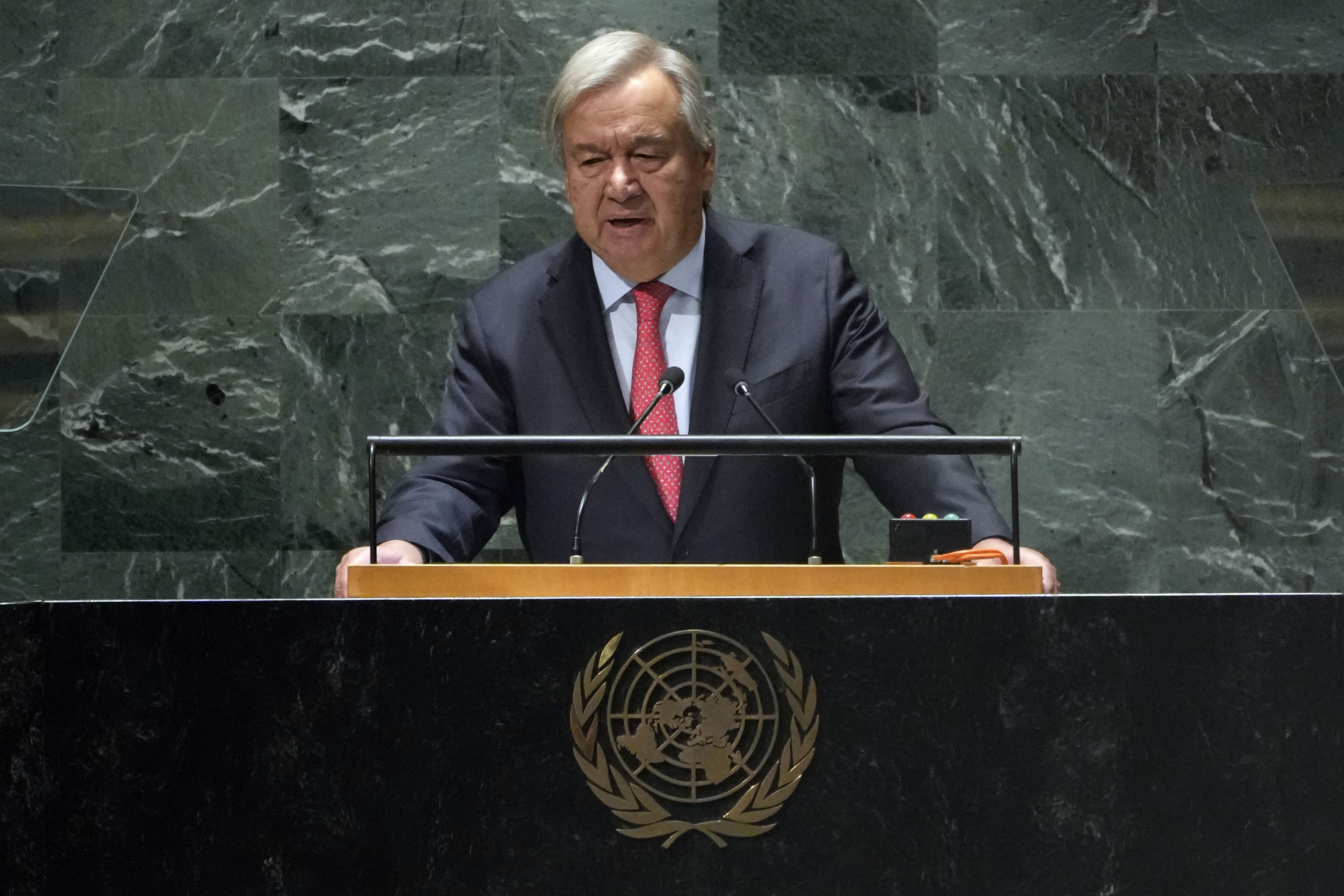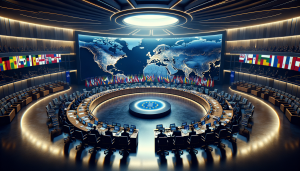Executions in Iran are up 30%, a new United Nations report says

In a recent report, the UN chief stated that Iran executes people “at an alarming pace”, putting at least 419 to death in the first seven month of this year. This is a 30% rise from the same time period in 2022.
In his report to the U.N. General Assembly, Secretary-General Antonio Guterres stated that seven men had been executed for their involvement in or participation in national protests. These nationwide protests were sparked after the death in September 2022 of Mahsa Amin, 22, who was arrested by morality police because her loose headscarf violated Iran’s Islamic dress codes.
Guterres stated that in all seven cases the information received by the U.N. Human Rights Office “consistently indicated” that the judicial proceeding did not meet the requirements of due process and fair trial as per international human rights law. Guterres said that “access to timely and adequate legal representation was often denied.” He also reported reports of confessions obtained through torture.
He claimed that 239 people – more than half the number of executions in the period of seven months – were put to death allegedly for drug-related crimes, an increase by 98% from the same time last year.
|
Guterres expressed his deep concern at the “lack of transparent and independent investigation into reported human right violations, especially in the context the recent nationwide protests.”
According to information provided by the U.N. Rights Agency, between Sept. 17 2022 and Feb. 8 2023, approximately 20,000 people were arrested as a result of participating in protests.
The deputy commander of the Islamic Revolutionary Guard Corps said that the average age of those who were arrested was 15 years.
The government claimed that “a minimum” of 22,000 people who were arrested during the protests had been pardoned. However, the secretary-general stated it was difficult for him to verify these numbers.
Guterres was concerned that individuals pardoned received new summonses or were arrested again, including women activists and journalists, as well as members of minority groups. He reported cases of excessive and disproportionate use of force by police against protesters. Other reports included beatings, sexual violence, and psychological abuse.
Guterres stated that according to the information the Office of the U.N.’s High Commissioner for Human Rights received, three famous female actors — Azadeh Samadi, Afsaneh Baegan, and Leila Boukat — had been convicted of not covering their hair. He said they received a variety of sentences: “from 10 months to 2 years in prison, weekly counseling, hospital cleaning duties, two-year driving ban, and a certificate of healthiness” upon completion.
In the report, which covered a year ending on July 31, it was stated that “the continued denials of adequate medical treatment in detention remain a serious concern.”
The U.N. chief stated that reports indicate the health of German and Iranian rights activist NahidTaghavi, 69. He is currently serving a seven-year-and-six months sentence in the notorious Evin Prison after being convicted on national security charges.
Guterres also said that Iranian authorities use the national security to justify their restrictions on freedom of expression and opinion online and off.
He cited Ayatollah Ayatollah Khamenei’s speech on June 27, in which he called for the judiciary “to eliminate dissenting online voices” and tighten cyberspace control.
The secretary-general, among other recommendations, urged Iran, to stop all executions immediately, abolish the death sentence and release all those arbitrarily detained, including women, girls, lawyers, and journalists who were legitimately exercising their right to freedom of expression, association, and peaceful assembly.
He also called on the government to guarantee rights such as the right to peaceful protest, to adhere to international standards and norms in respect of human rights, and to respect rights like due process and fair trial.









No Comments